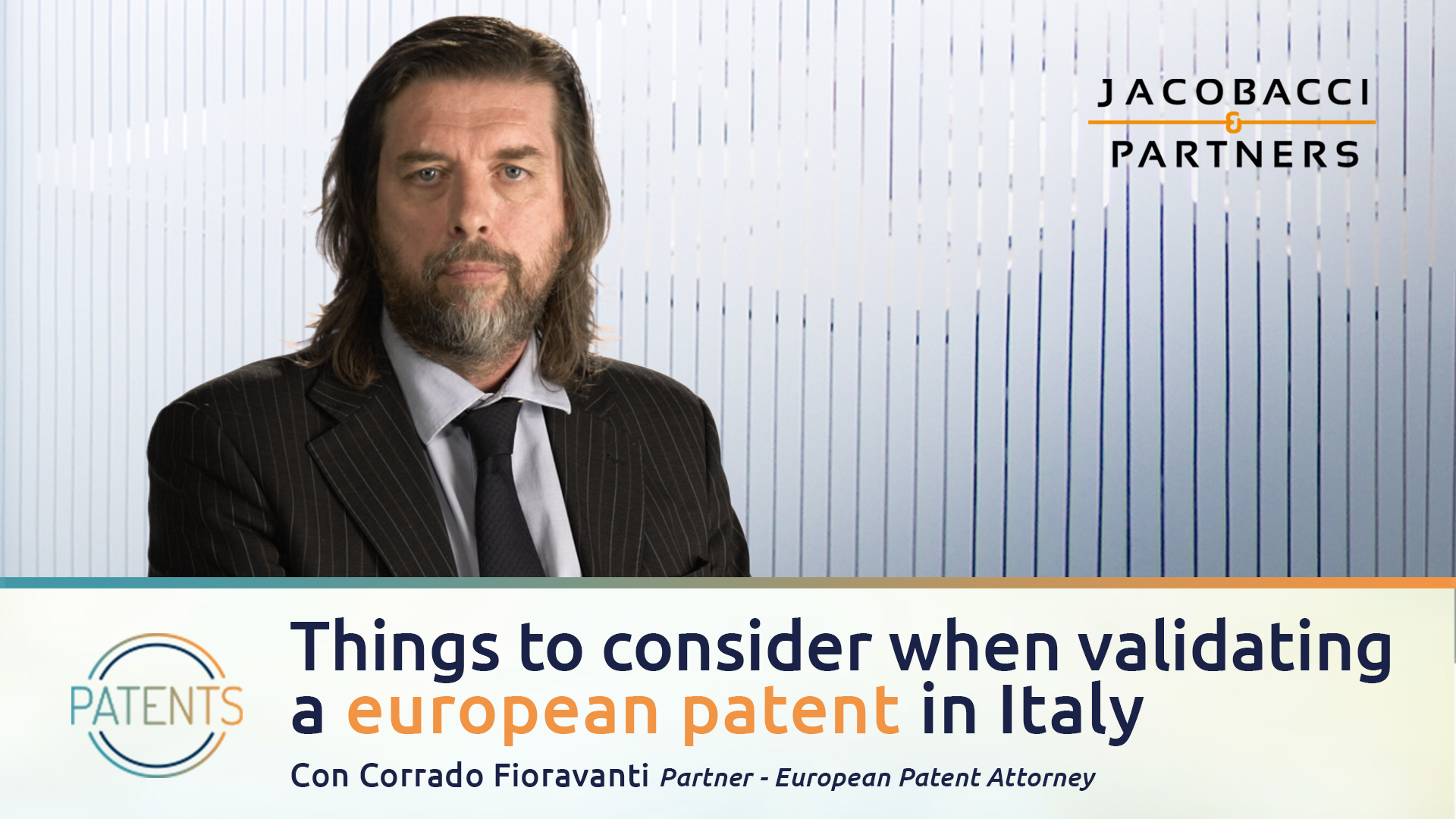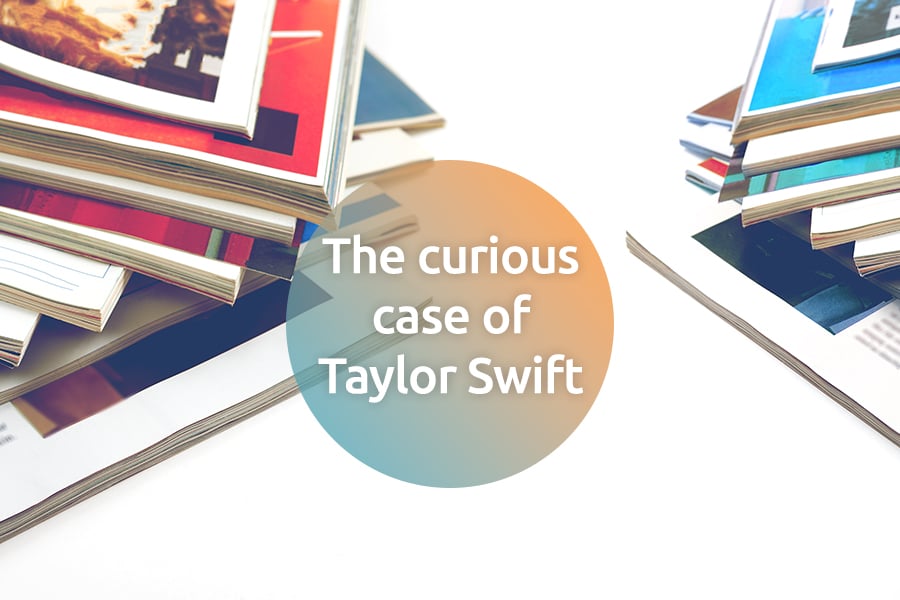The Agreement on the Unified Patent Court (UPCA) will enter into force in less than one year, namely by the end 2022, beginning 2023, bringing about also the application of the European Regulations No. 1257/2012 and No. 1260/2012, i.e. the so-called Unitary Patent Package in full.
In more detail, it will be then possible to request to the EPO the grant of a European Patent with Unitary Effect (in short, “Unitary Patent” or “UP”) within 1 month after publication of the mention of grant. Additionally, a new court, the Unified Patent Court (or “UPC”), will be created, having jurisdiction over the territory of all the countries which ratified the UPCA in respect of infringement and validity actions concerning UP patents, as well as traditional European patents, unless the latter are “opted out” (see below).
After the grant, a traditional European patent may be validated in the countries of interest and transform itself into a bundle of national patents fully independent from each other and assimilated to patents obtained through national routes. On the other hand, the UP will have a unitary character, so that it may be limited, transferred or revoked, or lapse, throughout the entire territory covered thereby. For the time being, this territory extends throughout the 17 EU Member States which have ratified the UPCA so far, namely:
Austria, Belgium, Bulgaria, Germany, Denmark, Estonia, Finland, France, Italy, Latvia, Lithuania, Luxembourg, Malta, Netherlands, Portugal, Slovenia, and Sweden.
The UP is an additional option besides the traditional European patent, meaning that UP can be combined with national validations in those contracting states of the European Patent Convention which are not territorially covered by the UP package, either extra-EU states, such as Switzerland, UK, Turkey and so on, or EU states which have not ratified (at least for the time being) the UPCA.
In view of this quite revolutionary scenario, owners of granted European patents and patent applications will have to take very critical decisions.
In particular, they will have to decide for the European patent applications granted after the date of application of the Unitary Patent Package whether to request the UP instead of nationally validating the European patent in the above-listed countries.
The UP will have reduced costs over traditional national validations if, after the grant of the European patent, protection is desired for at least 4-5 countries comprised in the above list. Needless to say, such reduction will increase with the number of countries of real interest. However, the choice of the UP will expose the owner to the uncertainties due to the exclusive subjection of this patent to the jurisdiction of the UPC, i.e. a new court with multi-national personnel and a plurality of divisions in several countries, which will be operating for the first time under rules of procedure drafted ex novo.
By default, as already indicated, the UPC will also have jurisdiction – throughout the territory of the states which ratified the UPCA – for all traditional European patents. However, to avoid the risk of having their patents revoked throughout the countries which ratified the UPCA due to a successful single invalidation action before the UPC, the proprietors of traditional European patents will have the chance to remove their patents from the UPC jurisdiction by “opting out” of the UPC.
The opt-out procedure will be available starting from a three-month “sunrise period” before the UPC becomes operational and only for a transitional period, which will be of at least 7 years from the entry into operation of the UPC and may be extended up to further 7 years.
To sum up, patent proprietors have two options for each of their traditional European patents and patent applications:
- do nothing (and thus automatically fall under the jurisdiction of the UPC), or
- opt out of the UPC. By opting out, only national courts will keep on having jurisdiction over the relevant national fractions of the traditional European patent, and nothing will change in this respect from the present system.
In view of the above challenges, we are available for reviewing your existing patent portfolio, with particular attention to cases of patents being object of license agreements, in order to assess:
- for each granted European patent and pending European patent application, whether to opt out or not;
- for each pending European patent application close to grant, whether to delay the grant procedure until entry into force of the Unitary Patent Package, so as the possibility to request a UP is kept open;
- for pending European patent applications not yet in an advanced phase of prosecution, whether requesting a UP will be suitable in due time.
Thanks to Francesca Meroni and Angelo Gerbino





